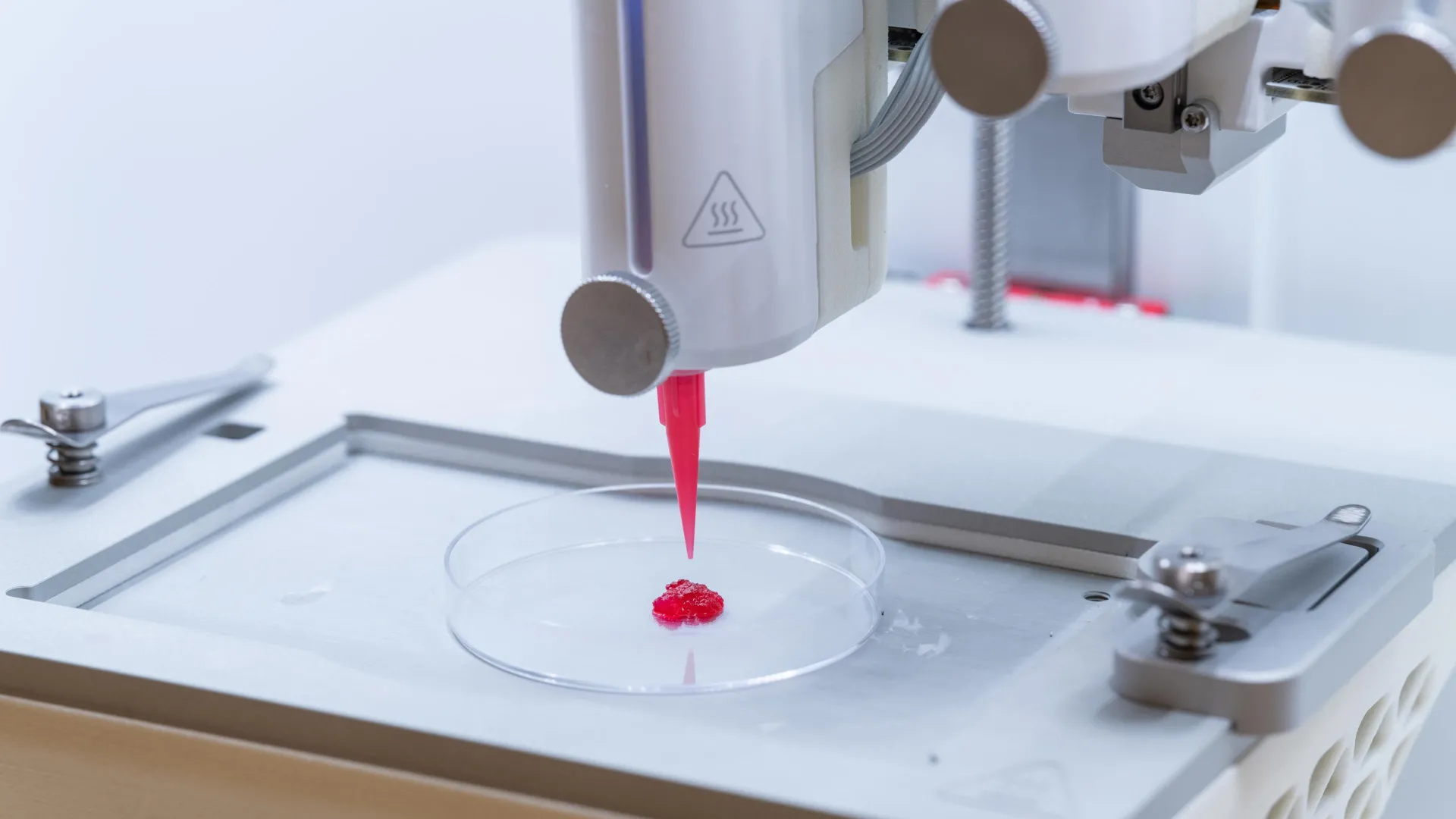Exercising with weights
Image by freepik
There has always been a dream that there could be a pill to replace exercise. New research suggests a molecule called betaine, naturally produced by the kidneys, may do just that. According to a new study published in Cell, it may mimic many of the…









